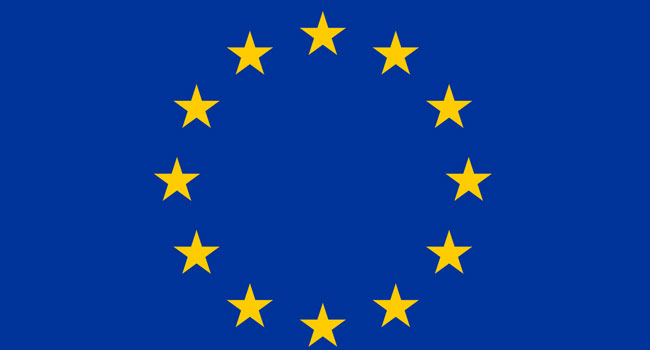
The EU is looking to update its Covid certificate that has made travel easier within the bloc, as its acceptance is threatened by restrictions in some member states hit by surging infections.
EU health commissioner Stella Kyriakides told the European Parliament on Monday that a revision was being prepared for this week to defend the “success story” of the EU Digital Covid Health Certificate.
The certificate, backed by legislation approved by the European Parliament, came into force in July and allows bearers travelling within the European Union to prove they were fully vaccinated, had a recent negative Covid test, or were recovered from the coronavirus.
Its use helped European summer destinations such as Greece bounce back, and several other non-EU countries, such as Britain, have since also plugged into the system.
But climbing case numbers in several EU countries as winter pushes people indoors have prompted some governments to start tightening restrictions again.
Austria has a national lockdown, the Netherlands a curfew for bars, and Germany is poised to announce new measures.
Several countries, including Greece, France and Germany, are moving towards requiring a third booster shot for someone to be considered fully vaccinated, given mounting evidence that the effectiveness of current jabs wane after four or five months.
But, at an EU level, that would leave several, mainly eastern, member states out in the cold, given their relatively very low vaccination rates even for one or two doses.
Some stress that changes to the EU certificate need to be commonly adopted.
“It can’t be different between Luxembourg, Greece, Germany and France,” said Luxembourg Foreign Minister Jean Asselborn.
The issue is expected to be one of the main ones tackled at an EU summit scheduled for December 16-17.

